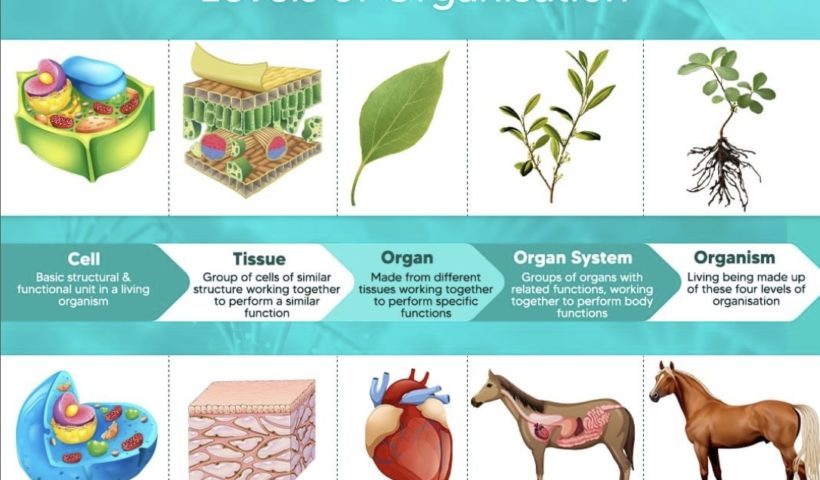[Please watch the video attached at the end of this blog for a visual explanation of Discovering the Complexity: Exploring the Levels of Organization within…
View More Discovering the Complexity: Exploring the Levels of Organization within Organisms | Cambridge IGCSE BiologyDay: June 28, 2023
Mastering Algebraic Fractions | Cambridge IGCSE Mathematics
[Please watch the video attached at the end of this blog for a visual explanation on Mastering Algebraic Fractions] What are Algebraic Fractions? Algebraic fractions…
View More Mastering Algebraic Fractions | Cambridge IGCSE Mathematics



